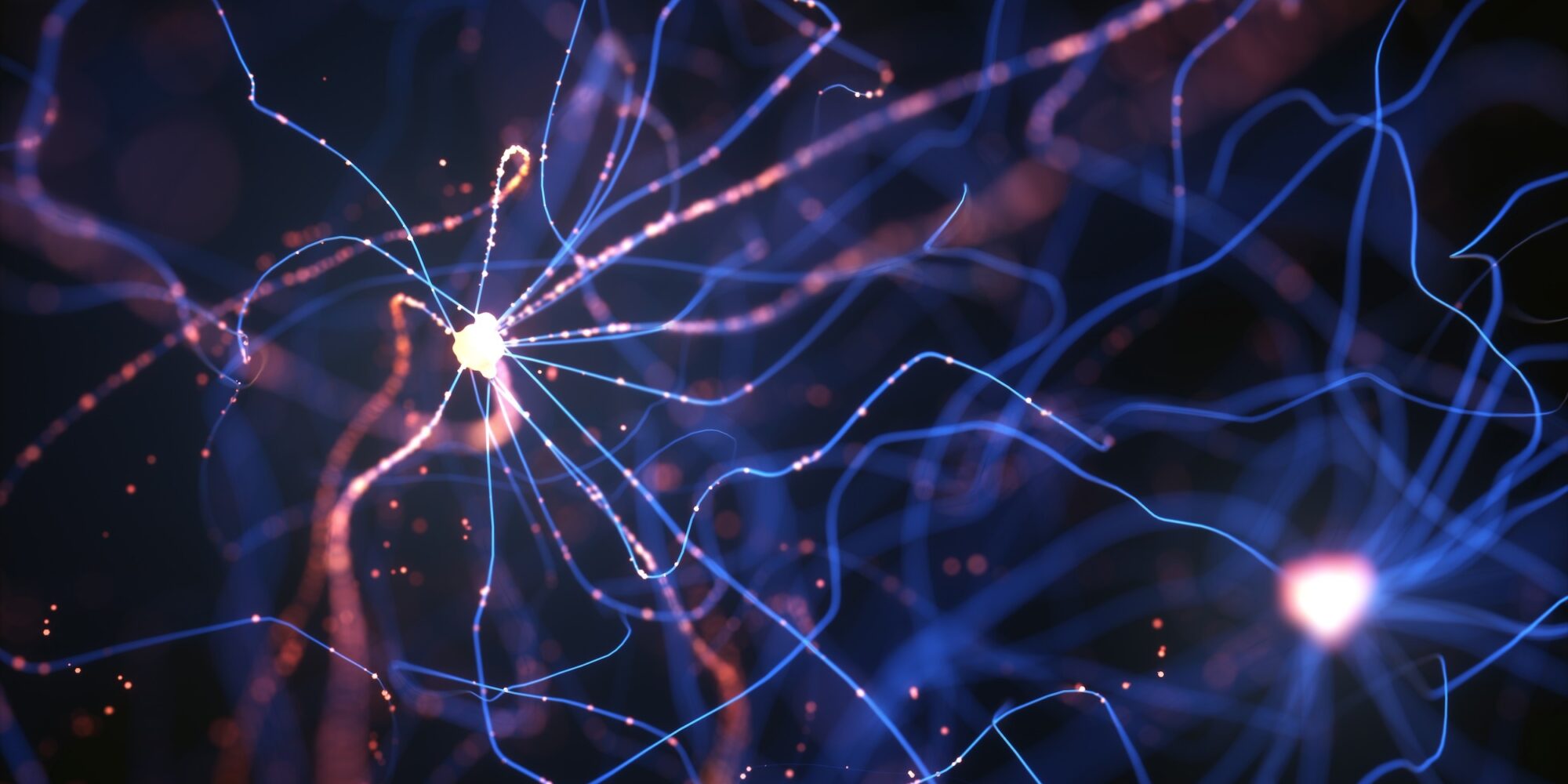Consciousness without neurons? Evidence and implications of out of body experiences
Seeing | Neuroscience | 2025-01-17

In this wide-ranging interview with Natalia Vorontsova, Professor Marjorie Woollacott draws remarkable parallels between 9th-10th century Kashmiri Shaivism and modern idealism, pointing to the fundamental and irreducible nature of consciousness. Moreover, her study of near-death experiences empirically supports this very hypothesis of the existence of a fundamental consciousness without neurons and beyond our five senses. This is an open conversation about life, death, and who we really are as ‘points of consciousness.’
Reference literature and online resources:
https://marjoriewoollacott.com/
https://www.aapsglobal.com/
https://spiritual-awakenings.net/the-book/
Books:
Motor Control: Translating Research into Clinical Practice, by A. Shumway-Cook, M.H. Woollacott
Infinite Awareness: The Awakening of a Scientific Mind, by M.H. Woollacott
Spiritual Awakenings, ed. M.H. Woollacott, D.Lorimer
Irreducible: Consciousness, Life, Computers, and Human Nature, by F. Faggin
Return to Life: Extraordinary Cases of Children Who Remember Past Lives, by Jim B. Tucker
Twenty Cases Suggestive of Reincarnation, by Ian Stevenson
Papers:
Williams, B, Woollacott, MH. Conceptual cognitions and awakening: Insights from non-dual Saivism and neuroscience. Journal of Transpersonal Psychology, 53: 119-139, 2021.
Woollacott M, Peyton B. Verified account of near-death experience in a physician who survived cardiac arrest. Explore (NY). 2020 Mar 19: S1550-8307(20)30111-7. doi: 10.1016/j.explore.2020.03.005. Online ahead of print.PMID: 32245708.
Schwartz GE, Woollacott M, Schwartz SA, Baruss I, Beauregard M, Dossey L, Kafatos M, Miller L, Mossbridge J, Radin D, Tart C. The Academy for the Advancement of Postmaterialist Sciences: Integrating Consciousness into Mainstream Science. Explore (NY). 2018 Mar – Apr;14 ( 2):111-113. doi: 10.1016/j.explore.2017.12.006.
Woollacott M, Roe CA, Cooper CE, Lorimer D, Elsaesser E. Perceptual phenomena associated with spontaneous experiences of after-death communication: Analysis of visual, tactile, auditory and olfactory sensations. Explore (NY). 2021 Feb 23:S1550-8307(21)00042-2. doi: 10.1016/j.explore.2021.02.006.

Essentia Foundation communicates, in an accessible but rigorous manner, the latest results in science and philosophy that point to the mental nature of reality. We are committed to strict, academic-level curation of the material we publish.
Recently published
Reading
Essays
Seeing
Videos
Let us build the future of our culture together
Essentia Foundation is a registered non-profit committed to making its content as accessible as possible. Therefore, we depend on contributions from people like you to continue to do our work. There are many ways to contribute.















